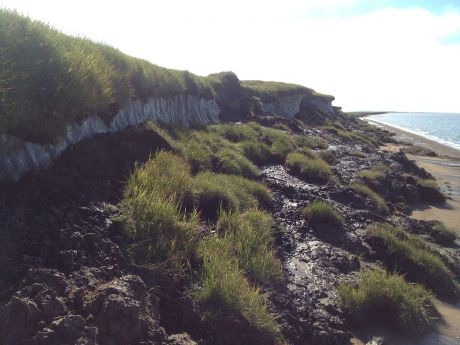Many substances present in the atmosphere due to human activities play a
dual role as climate change agents and as air pollutants. However,
accurately predicting how this complex system will respond to changes in
anthropogenic sources is very difficult. This is because even altering a
single component can result in disproportionate effects elsewhere,
having an enormous influence on the behaviour of the entire system.
To limit climate change and reduce air pollution, which claims two million lives each year, a better understanding of these interactions is needed. Therefore, the
PEGASOS (Pan-European gas-aerosol-climate interaction study) project was established to clarify these crucial issues and develop better estimates of air pollution in Europe and its impact on climate.
The PEGASOS consortium quantified the extent of both regional and global feedbacks between atmospheric chemistry and a shifting climate. Furthermore, researchers identified mitigation strategies and policies that will both improve air quality and limit the effects of aerosols on the climate.
Scientists conducted a number of laboratory studies to improve the parameters used in atmospheric pollution models. Most of these focused on the interactions of aerosols with other components of the atmosphere, and the formation of secondary aerosols.
For the first time, an airship was used to conduct field studies, observing radicals and aerosols in the atmospheric layers close to the ground over Europe. One of the consortium's major achievements was the collection of the most comprehensive aerosol data set to date. This information was also used to improve atmospheric models.
Researchers created or improved upon several models of atmospheric processes on both a regional and global scale. These were validated through hindcasting (predicting past conditions to judge how accurate a model is) before being used for short-term future forecasts.
PEGASOS outcomes will help to support the European Commission's Thematic Strategy on Air Pollution and Air Quality regulation. They will also help to provide a more accurate quantification of regional and global links between air pollution and climate change. These will be used to provide more accurate forecasts and predictions, and underpin mitigation options and other policy initiatives.

